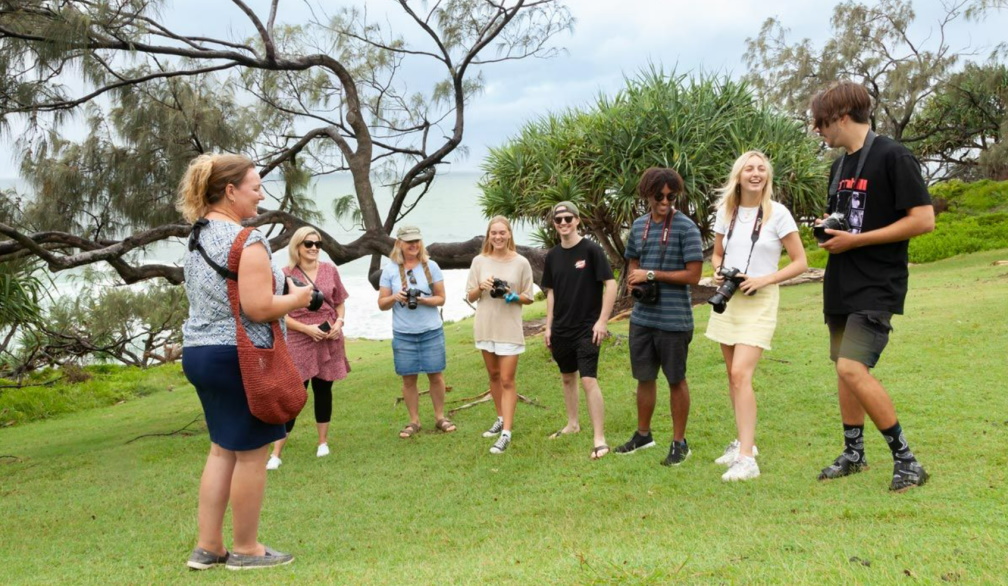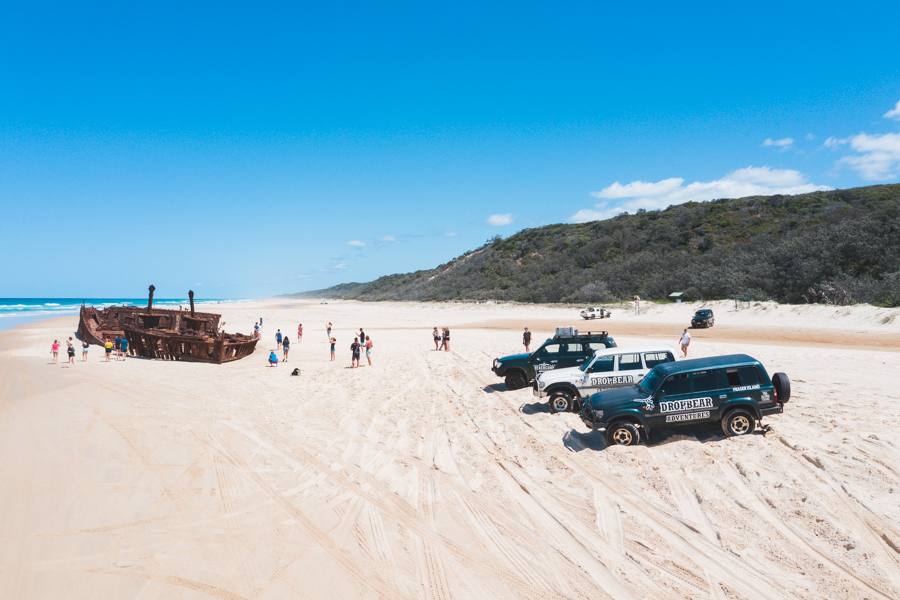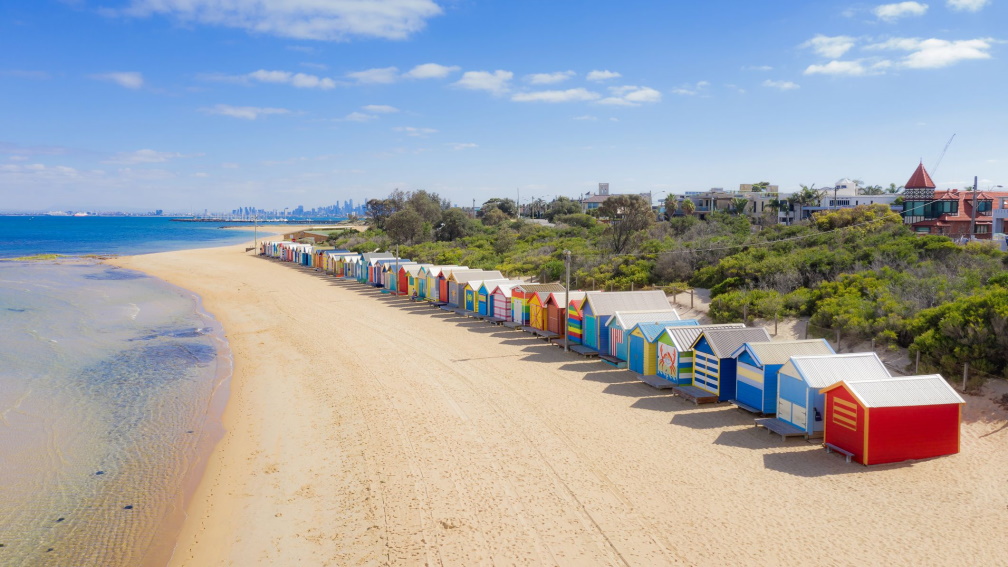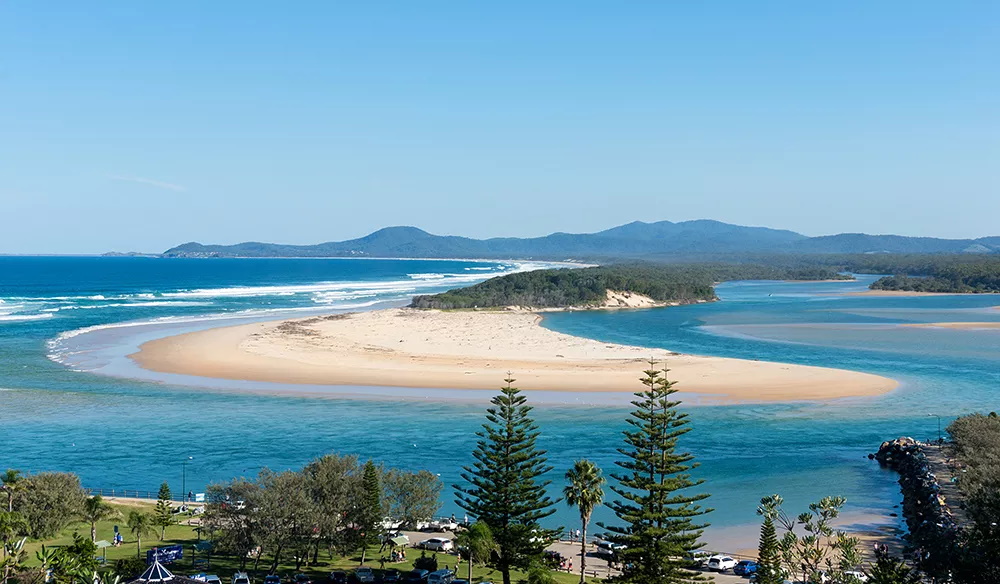Crucial Recommendations for Australians Residing in Camper Trailers

In a country as large and varied as Australia, the attraction of the road pulls in those who desire freedom and adventure. Many Australians choose to live in a camper trailer, which signifies an unusual step away from typical living arrangements; it gives them both mobility and self-reliance. But this lifestyle is not without its own set of difficulties. For those who live in RVs, they have to plan and adjust themselves for various climates, as well as maintain safety on the road. This article covers the main advice for people starting life in a camper.
Choosing the Right Location
Living in a camper gives unmatched freedom, yet it brings difficulties too. Australians who make their homes in these moving houses must be wise when choosing where to park them for safety, convenience and comfort. Although it may seem tempting to park in distant beautiful places, thinking about things like easy access to necessities or closeness to emergency help can be very important, along with weather situations. While living near the coast can give you beautiful sights, it also brings danger when cyclone season comes. Choosing to stay in recognised campgrounds with services such as showers, toilets and electricity can improve your experience and give reassurance.
Weatherproofing Your Home on Wheels
Those who live in trailers have to deal with whatever weather comes their way, so preparing for different conditions is very important. Getting good seals for windows and doors, along with checking and fixing any leaks you find can help avoid problems related to moisture like mold or mildew. Making sure that the awnings are strong and not easily moved by the wind also helps protect the vehicle from damage, along with securing loose things inside during windy times. Considering the country’s unpredictable weather, a big part of maintaining comfort comes from being ready for different conditions.
Navigating Insurance Options
Another important part of camper living that should not be forgotten about is insurance. A good, comprehensive camper trailer insurance policy can give you the necessary coverage for unexpected situations like accidents, theft or natural disasters. Even if it appears as an added cost at first, the protection and tranquillity it provides are priceless assets. For Australians who live in RVs, it's important to study and check different insurance selections. This will help in making sure that a policy is picked that matches their unique requirements and gives the coverage they need. By getting all-inclusive insurance, these people can protect their living space on wheels as well as all belongings from possible dangers.
Embracing Minimalism and Efficiency
RV dwellers need to be minimalist because space is very limited. Using furniture that can serve many purposes and act as storage solutions can help make the most of small areas and keep things organised. Those who live inside these small houses also have to think about using energy and water carefully, as other Australians do. Putting money into energy-saving appliances, using renewable energy such as solar power and saving water can help make the trailer's resources last longer while lessening its effect on the environment.
Fostering a Sense of Community
Life in a camper can feel lonely, but it does not need to be. Many Australians who live in these moving homes find company on the road and create close communities with others who share similar interests. Going to local get-togethers, being part of internet forums or social media groups, and offering help at campsites are all good methods to develop connections and aid systems for people living this lifestyle. Travelling stories, goods, and advice between fellow explorers can enhance the total trailer way of life and generate long-lasting friendships that go beyond geographical borders.
Australians who live in RVs can choose a way of life that is special because it's about being free, adaptable and on a journey for adventure. If they follow these important suggestions, their living experience will become better and they will be able to handle the difficulties linked with life on the road.







